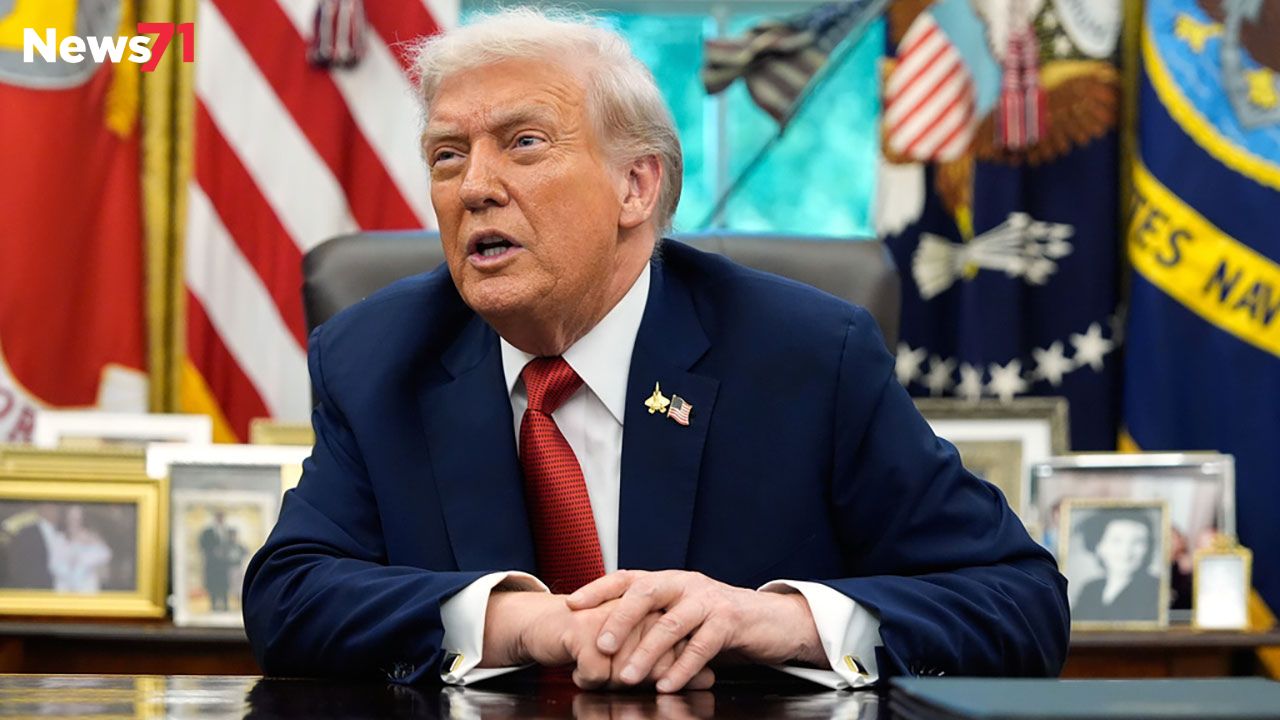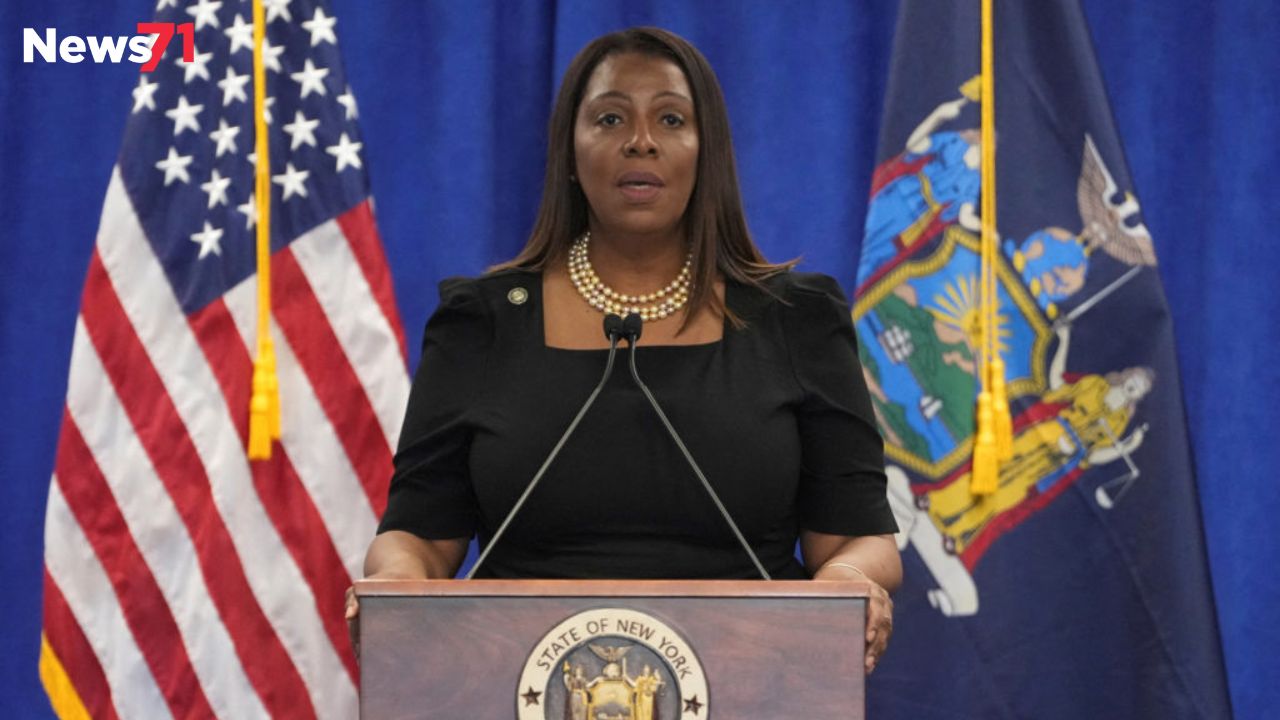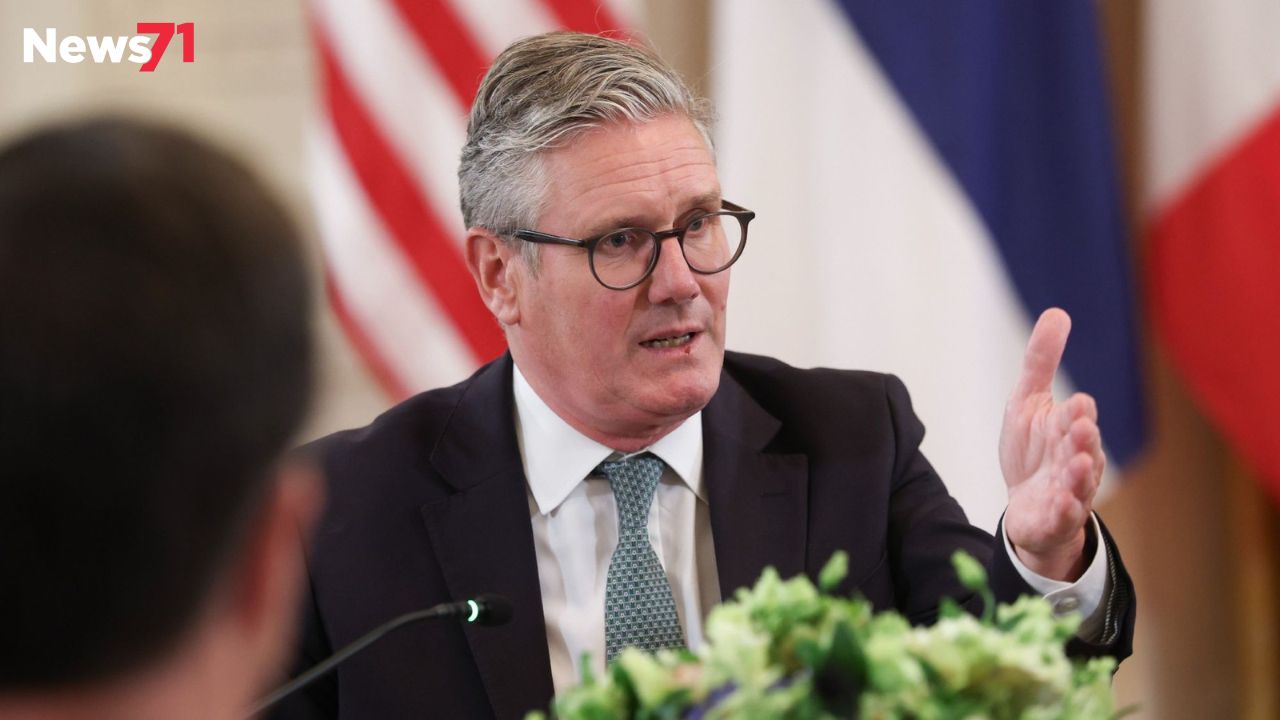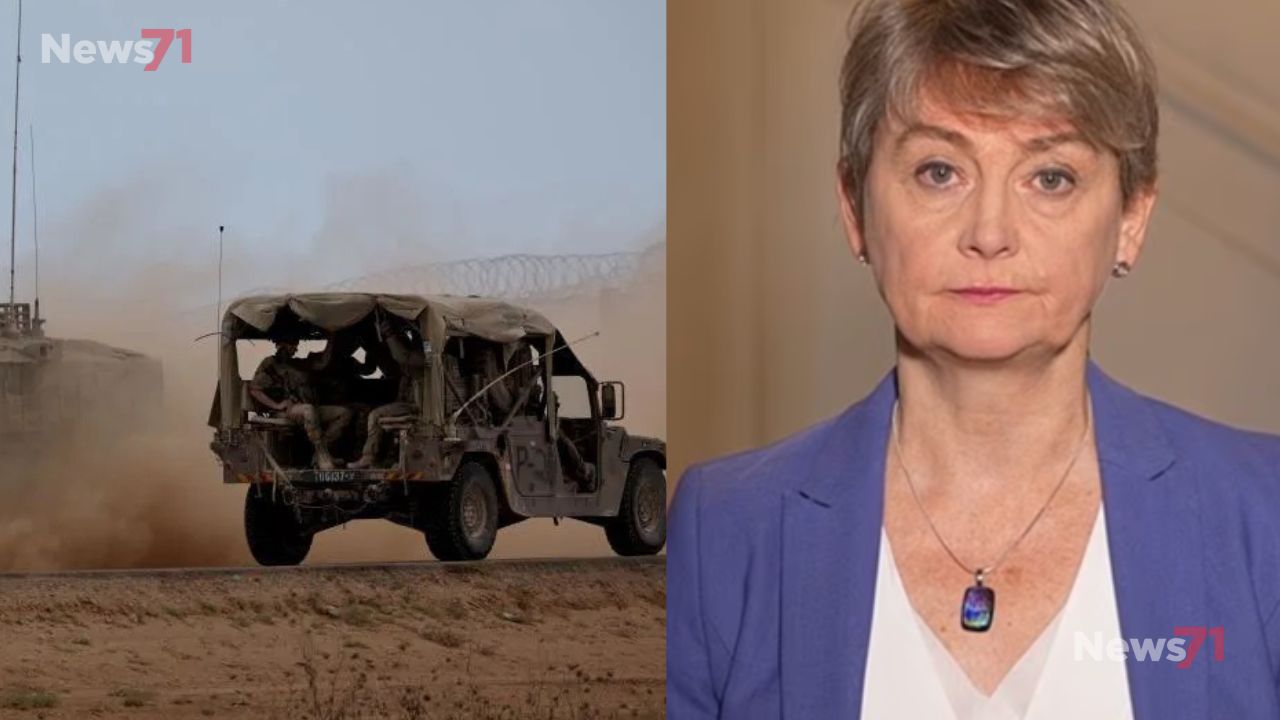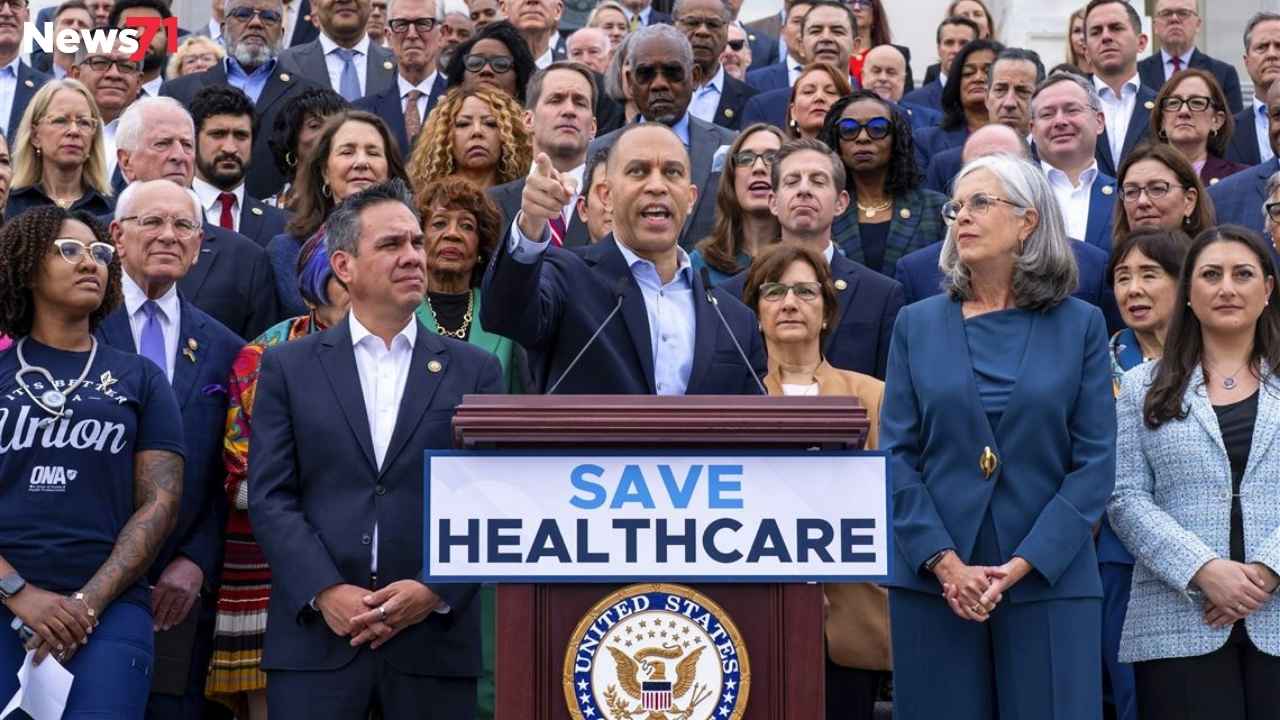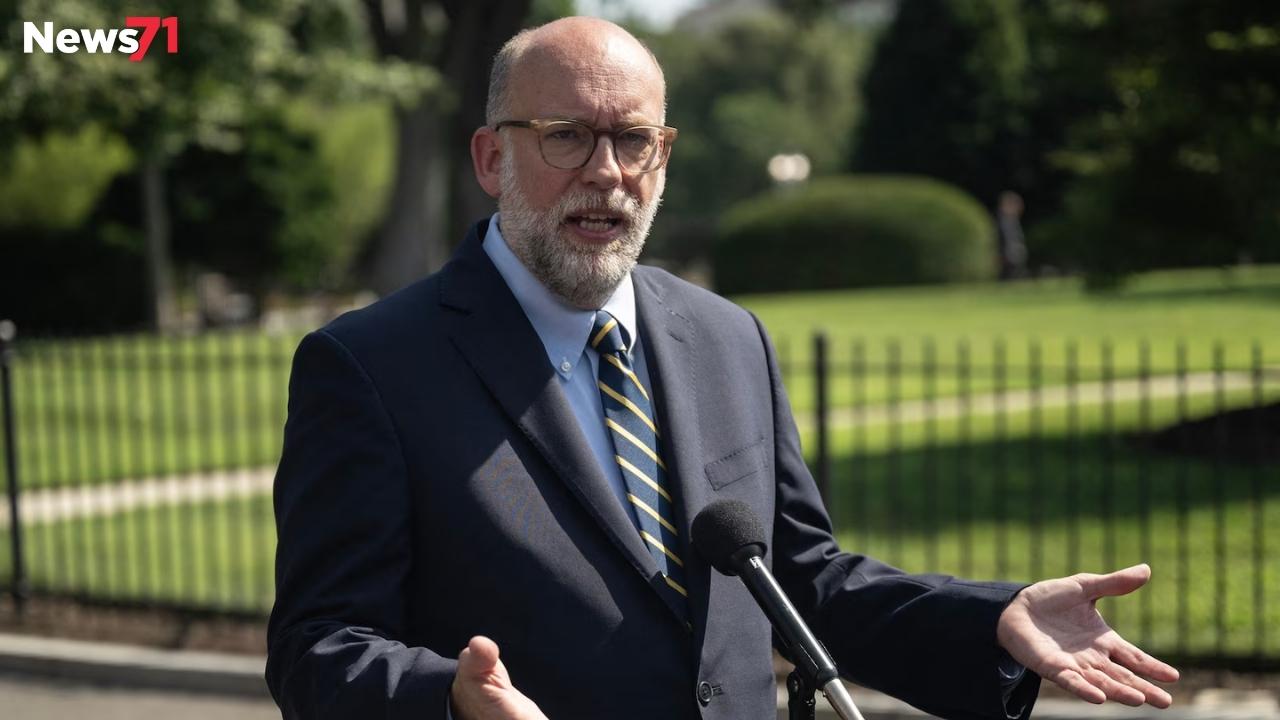At first, Israel’s airstrike on Hamas negotiators in Qatar seemed like another escalation one that pushed the hope of peace even further away.
The 9 September attack violated the sovereignty of a US ally and risked igniting a region-wide war. Diplomacy appeared to be in ruins.
Instead, it became the turning point.
President Donald Trump announced a landmark deal to release all remaining hostages a goal that both he and his predecessor, Joe Biden, had pursued for nearly two years.
Though key issues such as Hamas disarmament, Gaza’s governance, and full Israeli withdrawal remain unresolved, the agreement could mark Donald Trump defining foreign policy achievement one that eluded Biden’s administration.
Donald Trump and Netanyahu Connection
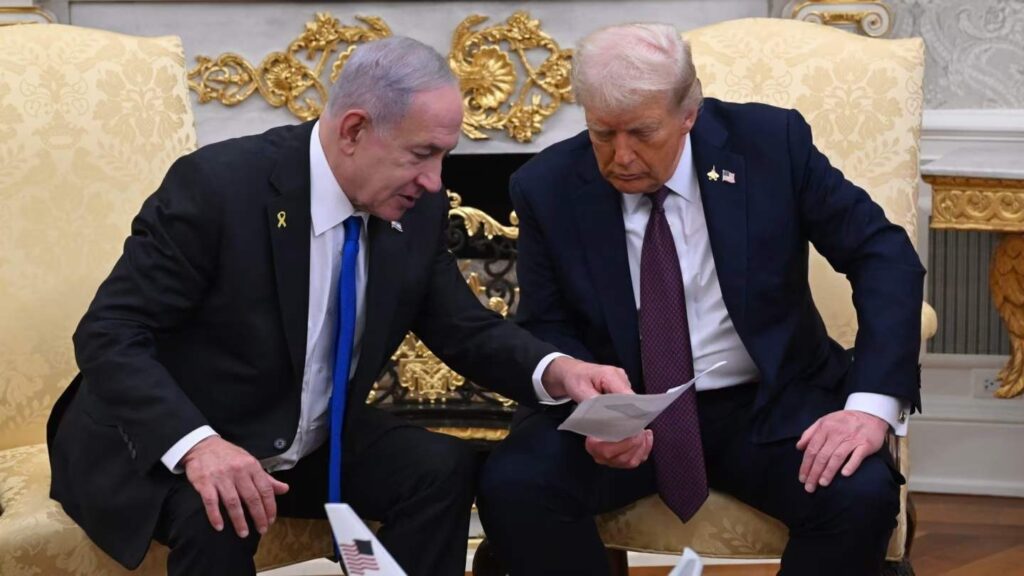
Donald Trump close rapport with Israeli Prime Minister Benjamin Netanyahu has been central to this breakthrough. Publicly, the two men exchange warm praise: Trump calls Israel “America’s closest ally,” while Netanyahu hails Trump as Israel’s “greatest friend in the White House.”
Their relationship has translated into tangible actions. Trump moved the US embassy to Jerusalem, reversed Washington’s stance on West Bank settlements, and backed Israel’s strikes on Iran by targeting Iranian nuclear sites.
These gestures gave Donald Trump leverage to apply pressure behind the scenes. His envoy, Steve Witkoff, reportedly pressed Netanyahu into a temporary ceasefire in late 2024 to facilitate hostage releases. When Israel bombed Syrian forces in July, Trump demanded Netanyahu pull back an unprecedented level of US pressure on an Israeli leader.
Aaron David Miller of the Carnegie Endowment notes, “There’s no modern example of a US president telling an Israeli prime minister, ‘You’ll comply or else.’”
Biden’s relationship with Netanyahu, by contrast, was far more strained. His “bear hug” diplomacy aimed to publicly support Israel while moderating it privately a strategy complicated by divisions within his own Democratic Party over the Gaza war. Donald Trump, with solid Republican backing, had far more room to act.
The Qatar Strike That Changed Everything
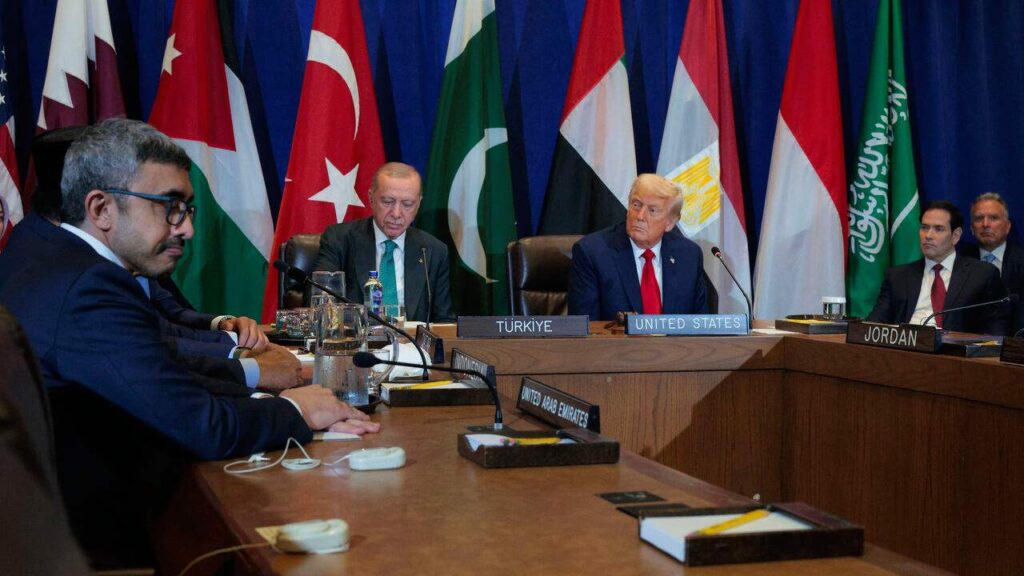
Israel’s missile attack in Doha killing a Qatari civilian but no Hamas leaders proved to be the breaking point. Trump, furious over the violation of Qatari sovereignty, issued an ultimatum: the war had to stop.
Donald Trump had granted Israel wide latitude in Gaza and against Iran, but striking an American ally shifted his position toward the Arab consensus on ending the conflict.
According to US officials, this was the moment that pushed Donald Trump to act decisively. His business and diplomatic ties across the Gulf with Qatar, the UAE, and Saudi Arabia gave him influence few American presidents have enjoyed. His earlier Abraham Accords laid the groundwork for the regional trust he needed.
Less than a month after the Doha strike, Netanyahu personally called Qatar to apologise, then signed Trump’s 20-point Gaza peace plan, backed by key Muslim nations.
Analyst Jon Alterman of CSIS observes, “Trump gained leverage with both Israel and Hamas something his predecessors couldn’t do. His timing and independence gave him real control.”
Under the deal, Israel will release over 1,000 Palestinian prisoners and begin a partial Gaza withdrawal. Hamas, in turn, will free all remaining hostages living and dead from the 7 October attacks that killed 1,200 Israelis.
An end to a war that has devastated Gaza and claimed more than 67,000 Palestinian lives now feels possible.
Europe and the Gulf Step In
Mounting global outrage over Gaza’s destruction also shaped the outcome. As humanitarian conditions worsened, major European led by French President Emmanuel broke with Washington’s unwavering support for Israel. France and the UK recognised Palestinian statehood, aligning with Gulf nations to revive the two-state vision.
Macron’s success in securing Saudi backing was pivotal. Ultimately, Trump faced a choice between Israel’s far right and a European-Arab alliance pushing for peace. He chose the latter.
The France-Saudi peace plan condemned Hamas’s 7 October attacks and urged the group to disarm and hand control of Gaza to the Palestinian Authority. Trump’s own 20-point framework borrowed heavily from this blueprint even referencing Palestinian “statehood,” albeit in vague terms.
By uniting Arab pressure with European diplomacy, Trump cornered Netanyahu. No one wanted to be seen as the leader who said “no” to peace or to Trump.
An Unorthodox Path to a Conventional Peace
Trump’s diplomatic style remains unconventional bombastic, improvisational, often shocking. His early “fire and fury” threats toward North Korea ended in direct talks. His proposal to turn Gaza into an international resort infuriated allies, yet today he’s achieved a pragmatic ceasefire that Biden likely would have sought himself.
It’s messy diplomacy, not textbook diplomacy but it’s working.
As the Nobel Committee prepares to announce this year’s Peace Prize, few would bet on Trump’s name being called. Yet, for the first time, the idea doesn’t seem impossible.
